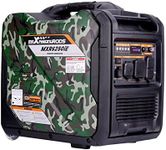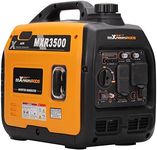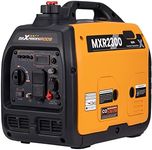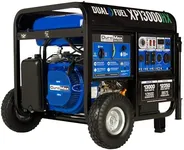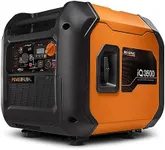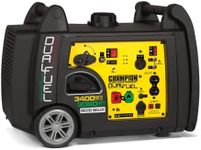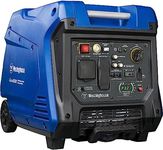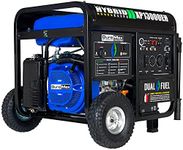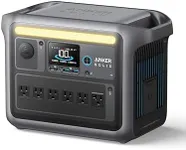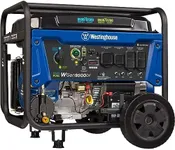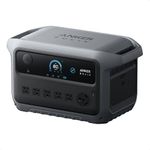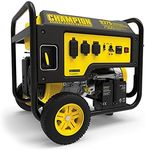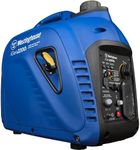Buying Guide for the Best Rv Generators
Choosing the right RV generator is all about matching your power needs with a generator that is reliable, efficient, and easy to use. Think about how you plan to use your RV—whether for occasional weekend trips or extended off-grid adventures—and what appliances or devices you want to run. Understanding the key specifications will help you make a smart choice that keeps your RV powered up without unnecessary hassle or waste.Power Output (Wattage)Power output, measured in watts, tells you how much electricity the generator can provide at once. This is important because it determines what and how many devices you can run at the same time. Generators come in a range of wattages: small units (around 1,000-2,000 watts) are good for charging devices and running a few small appliances, mid-range (2,000-3,500 watts) can handle things like microwaves or air conditioners, and larger units (3,500+ watts) can power multiple large appliances at once. To pick the right wattage, make a list of everything you want to run and add up their wattage requirements. Choose a generator that can handle your total needs, with a little extra for safety.
Fuel TypeRV generators can run on gasoline, propane, or diesel. The fuel type affects convenience, cost, and availability. Gasoline is easy to find but can be less stable for long-term storage. Propane burns cleaner and stores well, but tanks need to be refilled or swapped. Diesel is efficient and often used in larger RVs, especially if the RV itself runs on diesel. Choose a fuel type that matches what you already use in your RV or what’s easiest for you to refuel during your travels.
Noise LevelNoise level, measured in decibels (dB), tells you how loud the generator will be when running. This matters for your comfort and for campground rules, as some places have strict noise limits. Generators under 60 dB are considered quiet and are good for campgrounds or close neighbors, while those above 70 dB can be quite loud and may be better suited for remote locations. If you value peace and quiet, look for a generator with a lower noise rating.
Portability and SizePortability refers to how easy it is to move and store the generator. Smaller, lighter generators are easier to carry and fit into tight storage spaces, while larger units may have wheels or handles but can still be heavy and bulky. Think about your RV’s storage space and whether you’ll need to move the generator often. If you plan to set it up and leave it, size may be less of an issue, but for frequent movers, a compact and lightweight model is more convenient.
Run Time and Fuel EfficiencyRun time tells you how long the generator can operate on a full tank of fuel, while fuel efficiency is about how much power you get for the amount of fuel used. Longer run times mean less refueling, which is handy for overnight use or when you’re away from your RV. Efficient generators save you money and reduce the hassle of frequent refills. Check the run time at 50% load (a common standard) and consider how long you typically need power between refueling opportunities.
Start MechanismGenerators can have manual recoil (pull-start), electric start (push-button), or even remote start options. Manual start is simple but requires physical effort, while electric and remote starts are more convenient, especially for those who may have difficulty with pull cords. If ease of use is important to you, or if you want to start the generator from inside your RV, look for models with electric or remote start features.
Inverter TechnologyInverter generators produce cleaner, more stable power that’s safe for sensitive electronics like laptops and smartphones. They are also usually quieter and more fuel-efficient. If you plan to charge electronics or want a quieter, more efficient generator, look for one with inverter technology. If you only need to run basic appliances, a standard generator may be sufficient.
